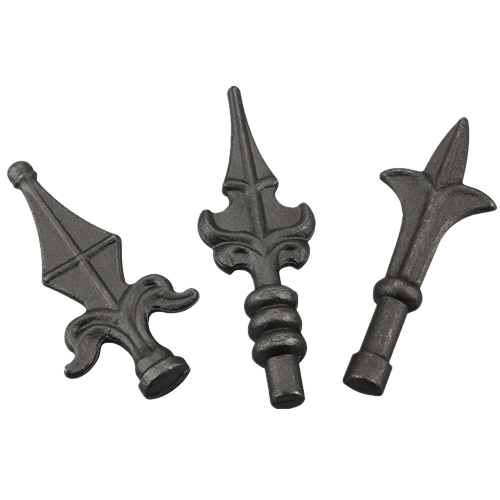Mobile:+86-311-808-126-83
Email:info@ydcastings.com
English
impeller types
Understanding Impeller Types A Comprehensive Overview
Impellers are critical components in various industries, especially in pumps, turbines, and compressors. Their main function is to convert rotational energy into fluid flow, playing a crucial role in enhancing efficiency and performance. Understanding the different types of impellers can help in selecting the right one for specific applications.
1. Open Impellers
Open impellers are characterized by their lack of shrouds or covers. This design allows for easy passage of fluids, making them ideal for applications involving large solids or where clogs may occur. They are commonly used in wastewater treatment and chemical processing industries. One of the significant advantages of open impellers is their simplicity and ease of maintenance, although they may offer lower efficiency compared to other types.
2. Closed Impellers
In contrast, closed impellers feature a shroud that encloses the vanes. This design helps to minimize turbulence and improve fluid dynamics, resulting in higher efficiency. Closed impellers are often used in applications requiring high pressures, such as in chemical and petrochemical processing. However, their complex design may lead to increased maintenance demands.
3
. Semi-Open Impellersimpeller types

Semi-open impellers serve as a middle ground between open and closed designs. They include a partial shroud, offering moderate efficiency and solid-handling capabilities. These impellers are suitable for applications where some solid content is present but where a completely open design could lead to excessive wear or failure.
4. Radial vs. Axial Impellers
Impellers can also be categorized based on their flow direction. Radial impellers move fluid outward from the center, allowing for high-pressure creation, while axial impellers push fluid parallel to the shaft, creating flow that is more efficient in low-pressure applications. Each type has its benefits and is suited for specific operational needs.
5. Applications Across Industries
The choice of impeller type can significantly impact operational efficiency and effectiveness. For instance, in HVAC systems, axial impellers are preferred due to their ability to move large volumes of air at low pressure. Meanwhile, in marine applications, closed impellers are commonly used for their stability and performance under varying loads.
Conclusion
Selecting the appropriate impeller type is essential for optimizing performance in various systems. By exploring the characteristics and applications of open, closed, semi-open, radial, and axial impellers, engineers and technicians can make informed decisions, ensuring efficiency and reliability in their fluid dynamics systems.
-
Materials Used in Manufacturing Cap End Pipe FittingsNewsNov.24,2025
-
Material Properties of CF8M CastingNewsNov.24,2025
-
How to Inspect Pump Cap Ends for DamageNewsNov.21,2025
-
Backward Curved Impeller – Efficient Airflow Solutions for Industry | YD CastingsNewsNov.21,2025
-
Automobile Water Pump - Efficient, Quiet, Durable & ElectricNewsNov.21,2025
-
Impeller for Pumps – High-Efficiency, Durable, OEM-ReadyNewsNov.21,2025











